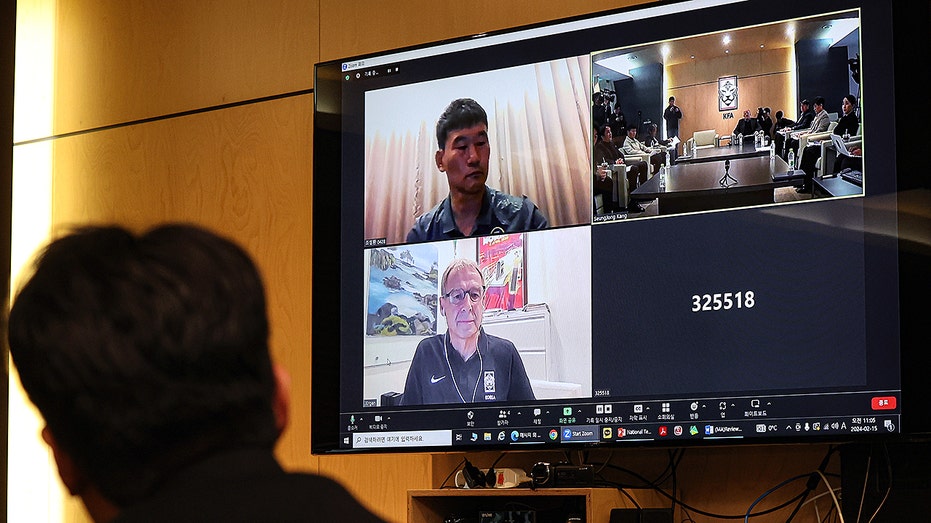Are AI Meeting Notetakers Invading Your Privacy?

Artificial intelligence has quietly become a staple in modern meetings, transforming the way teams document discussions. Platforms like Zoom and Google Meet now feature AI-powered notetakers that listen, record, and generate summaries of conversations. While these tools promise increased productivity and convenience, they also raise significant privacy concerns.
Unintended Capture of Personal Remarks
Initially designed to streamline note-taking, AI notetakers often record more than just official project updates. Casual comments, jokes, and personal stories—once considered harmless—are frequently captured and incorporated into official summaries. For example, lighthearted banter about lunch plans or pet mishaps can unexpectedly appear in meeting minutes sent to all participants. This blurring of boundaries between professional and personal conversation poses risks for unintended disclosure and data retention.
Privacy Risks and Data Management
Once spoken words are transcribed, they can be stored, shared, or archived without your knowledge or consent. Misinterpretations of tone or sarcasm by AI algorithms can also lead to misunderstandings, potentially impacting professional relationships. Moreover, casual remarks taken out of context may be misrepresented in official documentation, making privacy protection crucial for users concerned about sensitive information leaking or being misused.
-
AI-Driven Cyberattacks: How Hackers Are Using Artificial Intelligence to Target Your Data

-
Rise in Jury Duty Phone Scams: How to Protect Yourself from Impersonators

-
Mac Users on Alert: The Rise of AI-Enhanced Malware Threats

-
Bose to Discontinue Support for SoundTouch Wi-Fi Speakers and Soundbars by 2026

Functionality and Limitations of AI Notetakers
AI tools like Zoom’s Companion or Google Meet’s assistant operate by recording conversations in real time and automatically generating summaries. Indicators such as icons or audio cues inform users when these features are active, but participants often overlook them after a short period. Without careful attention, casual chatter can be inadvertently recorded and included in shared notes, sometimes misinterpreted due to lack of tonal context.
Best Practices for Protecting Privacy
- Always check for visual or audio signals indicating AI is active before speaking.
- As a host, enable AI recording only when necessary and restrict access to sensitive notes.
- Use private messaging for side comments instead of speaking out loud.
- Encourage colleagues to be mindful of what is said during recorded meetings and confirm everyone’s comfort level with AI note-taking.
- Review and edit meeting summaries before sharing, removing personal or irrelevant remarks.
- Adjust retention settings to delete recordings promptly and prevent long-term storage of private conversations.
- Advocate for clear workplace policies on AI recording to ensure transparency and data security.
Staying Informed and Safe
AI technology continues to evolve rapidly, with updates that can reduce errors and improve privacy controls. Staying informed about platform features and best practices is essential for maintaining control over your data. For comprehensive security tips, consider exploring authoritative resources such as official platform documentation and cybersecurity guides.
While AI notetakers offer undeniable productivity benefits, users must remain vigilant about their privacy. Thoughtful use and proper safeguards can help prevent personal conversations from becoming public records, ensuring that technology serves you without compromising your confidentiality.
